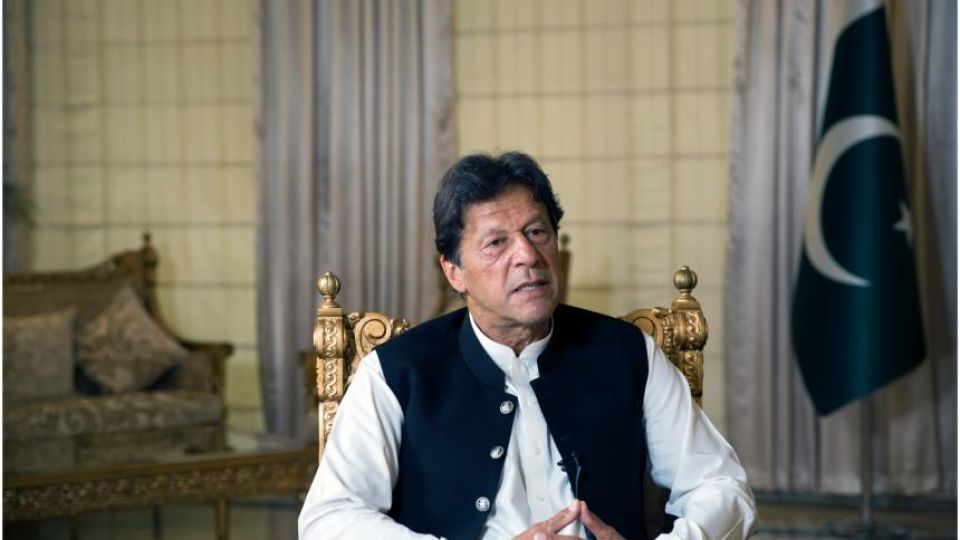May 9, 2022
ISLAMABAD – FURTIVE whispers about who was really behind the political engineering of these past few years have just been confirmed. One of the reasons given by former prime minister Imran Khan for why he wanted to retain Lt Gen Faiz Hameed as DG ISI has inadvertently brought to light one of the traditional roles played by the security establishment in the ‘management’ of domestic politics.
During a recent podcast, the ousted prime minister stated that he had wanted Gen Faiz to continue as spy chief because he was aware that his political rivals were planning to topple his government, and he wanted the former spymaster to act as the government’s “eyes and ears” as their plot played out.
The candid admission exposed Mr Khan’s inability to navigate the complexities of national politics independently, while also shedding light on the mechanics of the ‘partnership’ under which the last administration — often derisively described as a ‘hybrid regime’ — had been functioning. To be fair to Mr Khan, he is not the first or the last prime minister to have hoped to use the intelligence apparatus against his political rivals. However, with his remarks, the former prime minister has now himself suggested that his government survived as long as it did thanks to the support of powerful, non-political forces.
This was not the only own goal by Mr Khan during the podcast: his acknowledgement that he had been aware of the then opposition’s plans to overthrow him since July of last year and subsequent plan to use the ISI chief to counter the move give the lie to his more recent claims about the circumstances of his ouster.
Rationalists should ask why he insists he was ousted through an ‘international conspiracy’ — which he first spoke of only in March 2022, when his departure seemed inevitable — when apparently he had been aware for months of the opposition’s plans and had been hoping to tackle them with the help of his old spy chief.
The logic of the ‘conspiracy theory’ gets fuzzier the more Mr Khan speaks on the topic. Is he suggesting that he was denied the support of the country’s spy chief in the midst of a foreign conspiracy? Is it not more reasonable to understand from his remarks that Mr Khan failed to keep his government despite having months of notice, likely because he failed to counter the opposition in the absence of support from powerful quarters?
Meanwhile, the former prime minister’s admissions would have left the establishment red-faced. After many solemn press conferences in which it was insisted that the military had no interest in interfering in the political domain, a former prime minister has just confirmed that it was not so. How are we to know just how ‘apolitical’ they have really been in the events that have transpired of late then?


